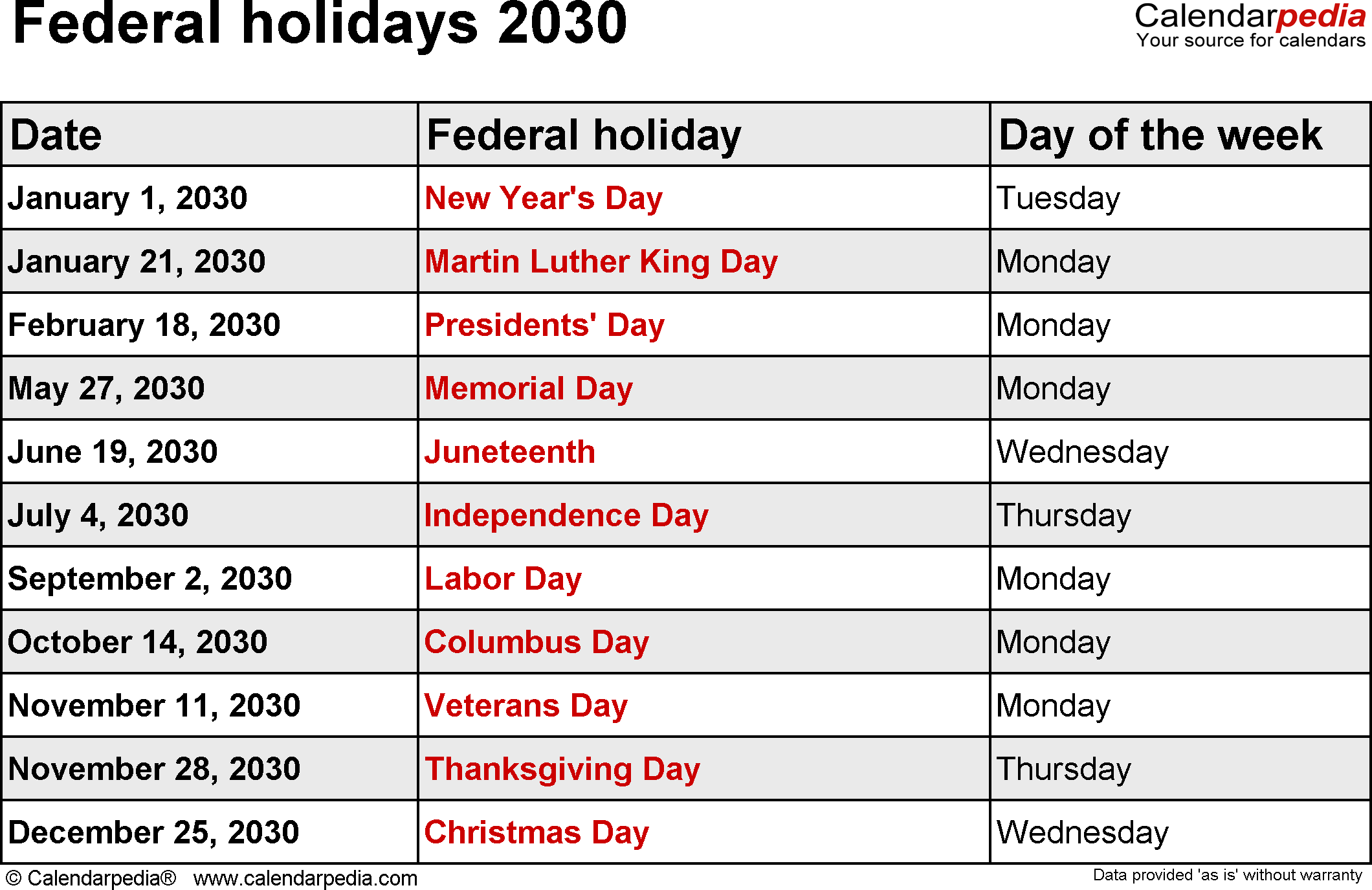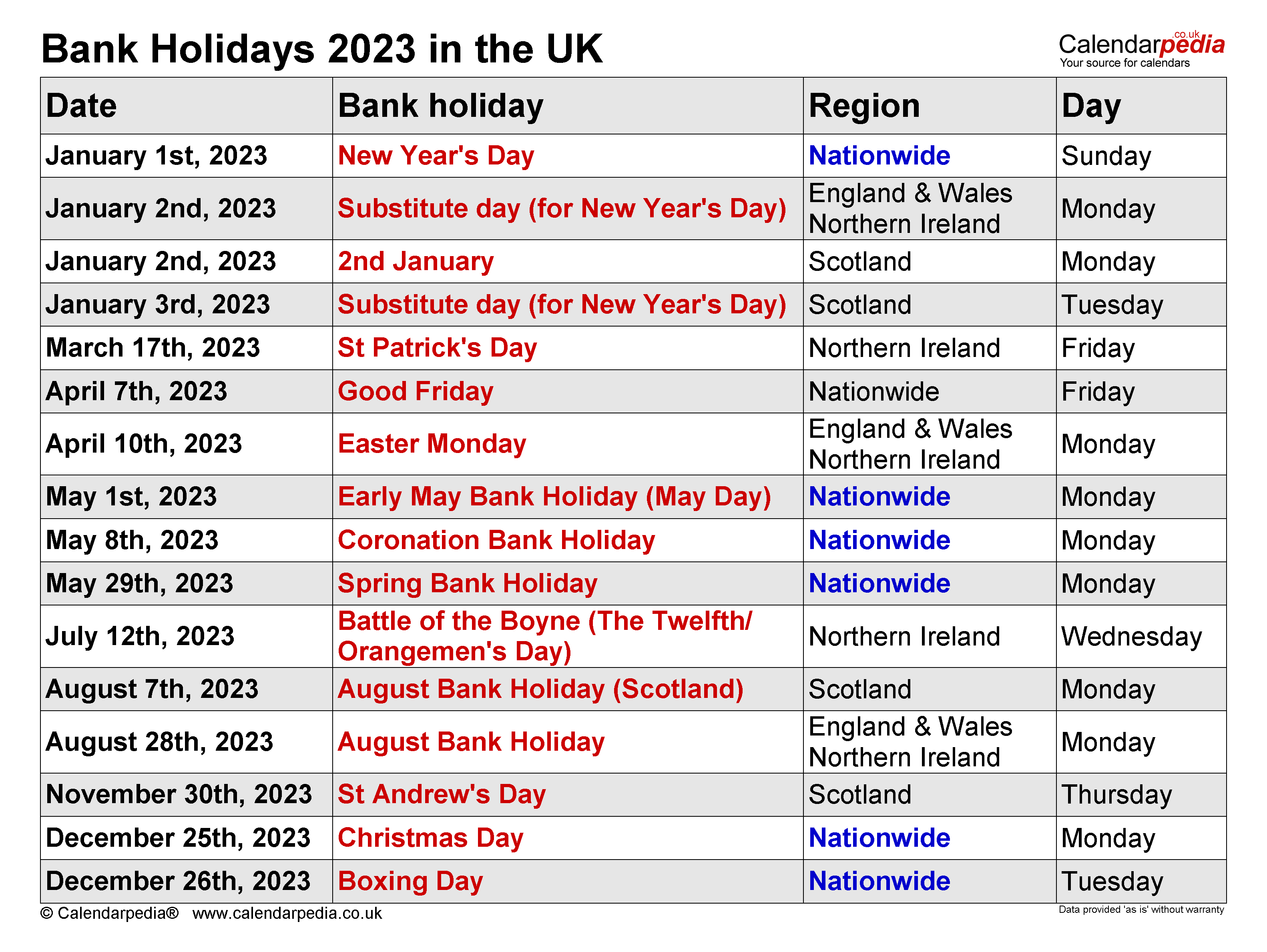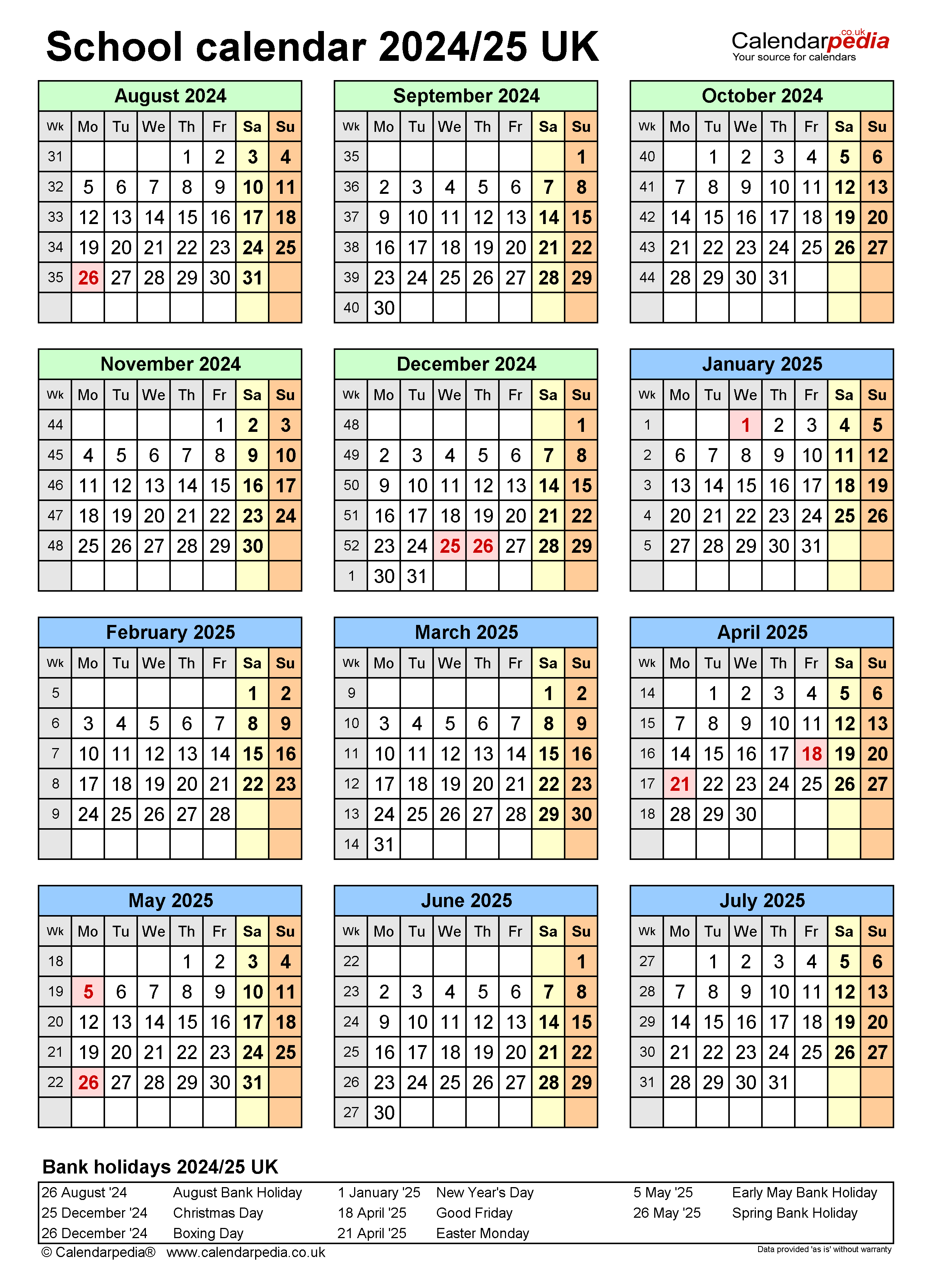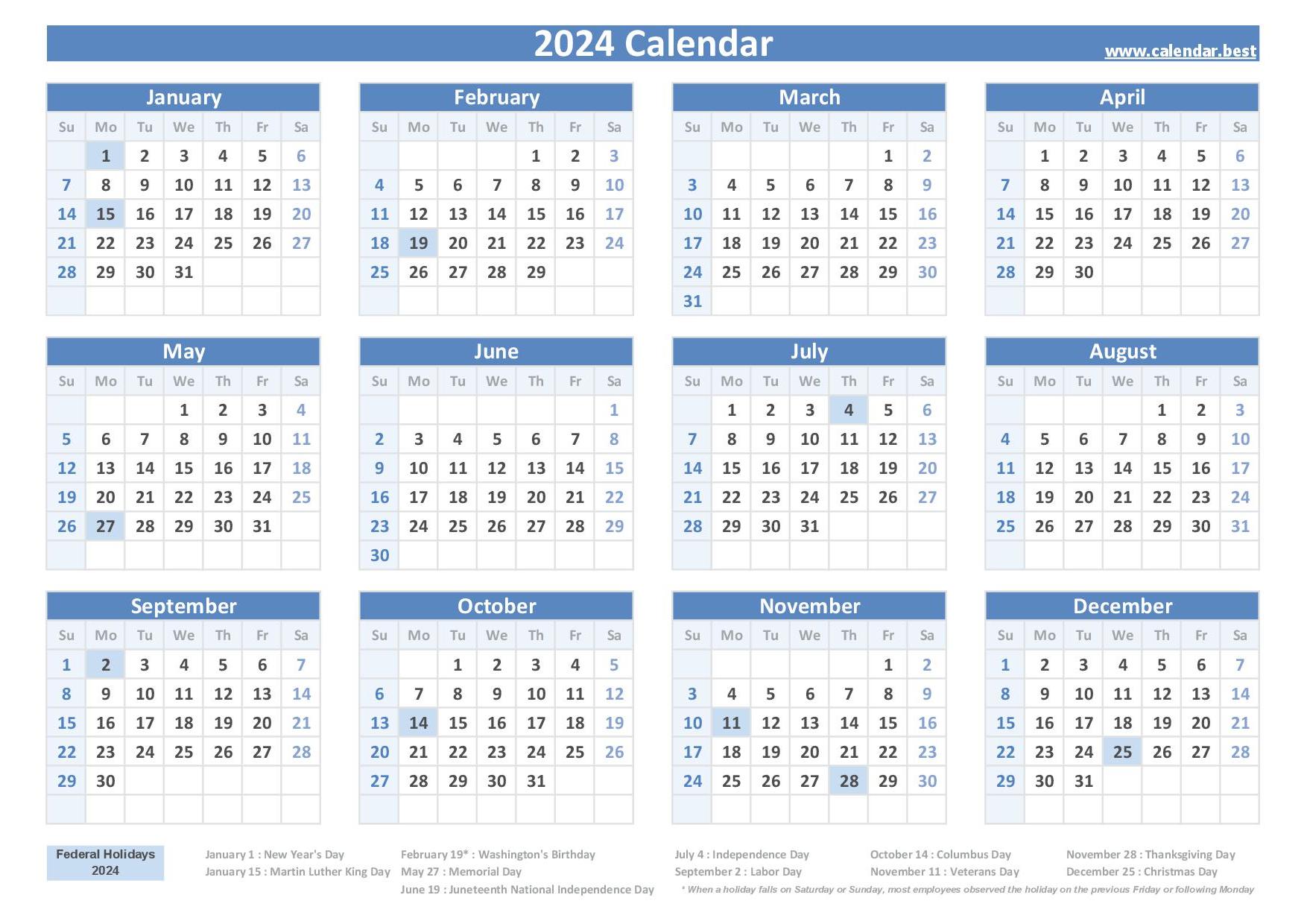Would May 2025 Calendar Have A Holiday
May 2025: A Calendar Contemplation – Will a New Holiday Emerge?
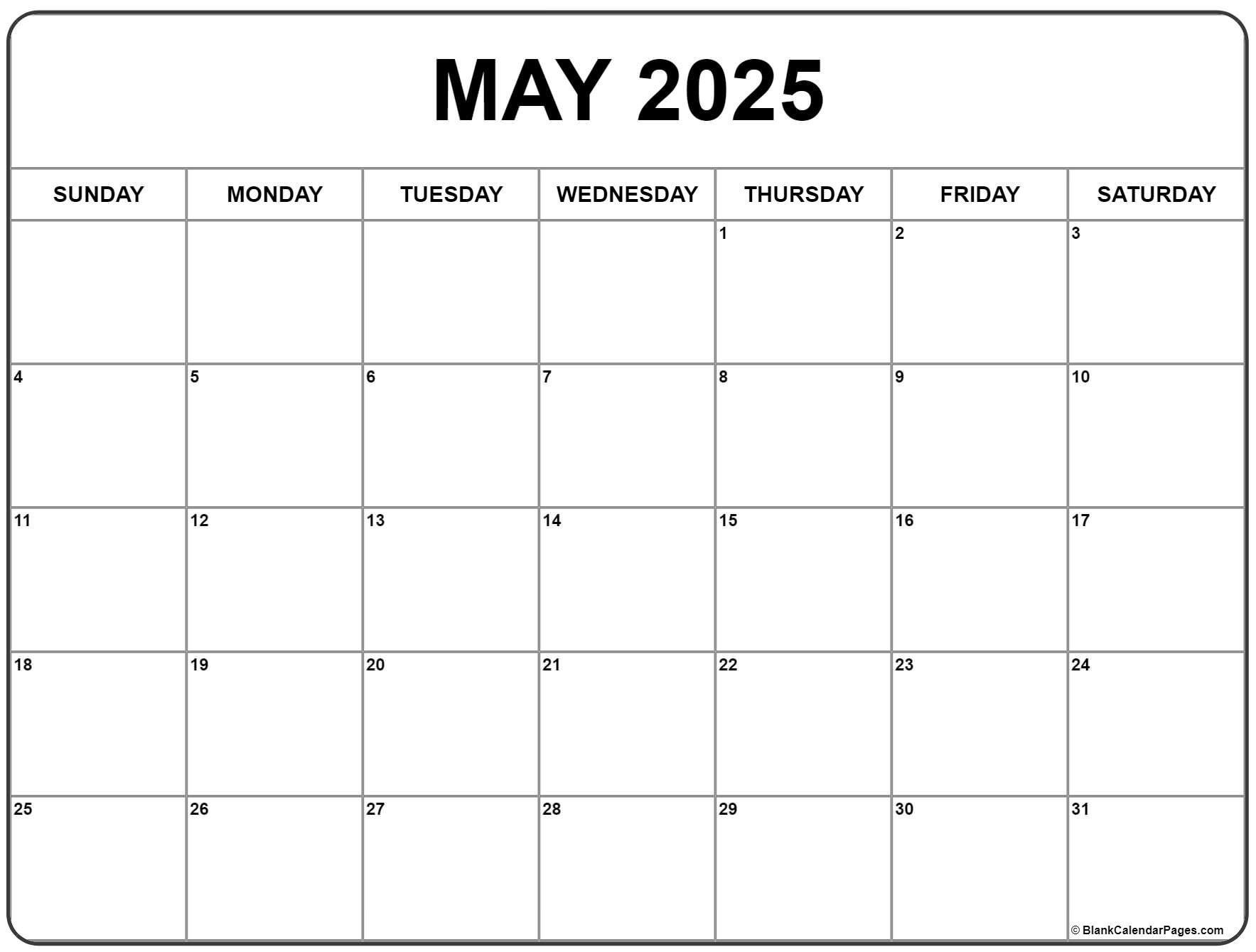
The year is 2024. Speculation swirls. Will May 2025 bear witness to the addition of a new nationally recognized holiday in [Country Name]? The question, seemingly simple, opens a Pandora’s Box of considerations – political, social, economic, and even logistical. While no concrete proposal currently dominates the public discourse, examining the potential for such an addition illuminates the complex process behind establishing a national holiday and the forces that shape its possibility.
Currently, May in [Country Name] already features a rich tapestry of observances. Depending on the specific year and region, this might include Mother’s Day, Memorial Day (if applicable to the country), various religious festivals, and locally recognized events. Adding another holiday requires a careful assessment of its impact on the existing calendar, the national psyche, and the economic landscape.
The Political Landscape: A Minefield of Considerations
The introduction of a new national holiday is rarely a simple matter of proclamation. It often requires navigating a complex political landscape. In many countries, the process involves legislative action, necessitating the support of a significant portion of the legislature. This necessitates a robust justification for the new holiday, one that resonates with a broad cross-section of the population.
Several factors influence the political feasibility of a new holiday:
-
Public Opinion: A strong groundswell of public support is crucial. This support needs to be demonstrably widespread and not confined to specific interest groups. Extensive polling and public consultations are often undertaken to gauge the level of public enthusiasm. A divisive proposal is unlikely to gain traction.
-
Economic Impact: The potential economic consequences of a new holiday are meticulously examined. The impact on productivity, business operations, and the overall economy needs to be carefully assessed. This includes considering the costs associated with granting a paid day off to employees across various sectors. A holiday that significantly disrupts the economy is less likely to be approved.
-
Existing Holidays: The existing calendar is a significant constraint. The addition of a new holiday needs to be carefully considered in relation to the existing ones. Clustering too many holidays together might create logistical challenges for businesses and individuals. Strategic placement within the calendar is crucial.
-
Political Expediency: The timing of a proposed holiday can be influenced by political considerations. A government might introduce a new holiday to bolster its popularity or to commemorate a significant event aligned with its political agenda. This can lead to accusations of political opportunism if the rationale is perceived as insincere.
Social and Cultural Considerations: Reflecting National Identity
Beyond the political realm, the social and cultural implications of a new holiday are equally important. A new holiday often reflects the evolving values and priorities of a nation. It can serve as a powerful tool for:
-
Celebrating National Identity: A new holiday might commemorate a significant historical event, a prominent national figure, or a defining moment in the nation’s history. This reinforces a sense of shared identity and national pride.
-
Promoting Social Values: A holiday can be established to promote specific social values, such as environmental protection, gender equality, or human rights. This can be a powerful way to raise awareness and encourage positive social change.
-
Recognizing Minority Groups: New holidays can also be created to recognize the contributions and experiences of marginalized groups, fostering inclusivity and social justice. This can help to build a more equitable and representative society.
However, the selection of a figure or event for commemoration can be highly controversial. Differing interpretations of history and competing claims to national identity can lead to heated debates and political gridlock. A careful and sensitive approach is essential to avoid alienating significant segments of the population.
Economic Ramifications: A Balancing Act
The economic impact of a new holiday is a critical factor influencing its feasibility. While a holiday can provide a boost to certain sectors, such as tourism and leisure, it can also lead to significant losses in productivity for others. A thorough cost-benefit analysis is usually conducted to assess the potential impact on:
-
Productivity Losses: The loss of a day’s work across various industries needs to be quantified. This analysis considers the potential impact on production, service delivery, and overall economic output.
-
Increased Spending: The holiday might lead to increased spending in certain sectors, such as retail, hospitality, and tourism. This potential economic benefit needs to be weighed against the productivity losses.
-
Long-Term Impact: The long-term economic consequences of the holiday also need to be considered. This includes the potential impact on investment, employment, and overall economic growth.
The economic analysis often involves complex modeling and forecasting, taking into account various factors and potential scenarios. A holiday that is projected to have a net negative economic impact is unlikely to be approved.
Logistical Challenges: Implementing a New Holiday
Even if a new holiday gains political and social support, implementing it involves significant logistical challenges:
-
Updating Calendars: This includes updating official government calendars, school calendars, and business calendars. This requires coordination across various agencies and institutions.
-
Informing the Public: Effective public communication is crucial to ensure that everyone is aware of the new holiday and its significance. This might involve public awareness campaigns and educational initiatives.
-
Adjusting Work Schedules: Businesses and organizations need to adjust their work schedules to accommodate the new holiday. This might involve negotiating with employees, adjusting production schedules, and implementing contingency plans.
-
Potential for Disruption: The introduction of a new holiday can lead to temporary disruptions in various sectors. Careful planning and coordination are essential to minimize these disruptions.
Conclusion: The Uncertain Future of May 2025
Whether May 2025 will see a new holiday in [Country Name] remains uncertain. The process of establishing a new national holiday is a complex and multifaceted undertaking, requiring careful consideration of political, social, economic, and logistical factors. While the absence of a widely discussed proposal currently suggests a low probability, the possibility remains. The evolution of societal values, significant historical events, or compelling political agendas could all contribute to the emergence of a new national holiday in the future. The coming year will be crucial in observing the political landscape and public discourse to gauge the likelihood of such a significant calendar addition. The debate, however, will undoubtedly continue, highlighting the intricate relationship between a nation’s calendar and its evolving identity.

